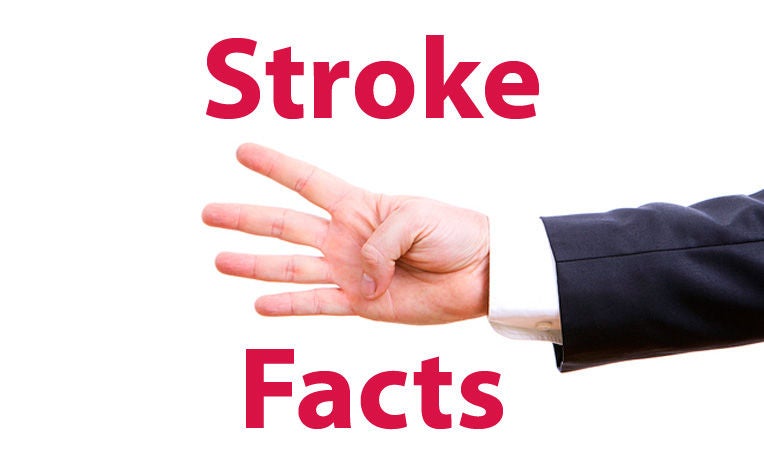
Stroke doesn't just affect seniors, it can affect anyone at any age. This is one of four key facts about stroke you need to know.
Stroke can strike at any time and any place
Knowing what to do and how to prevent a stroke can make the difference between a good recovery and long-term disability or even death.
Ms Tan Il Fan, Advanced Practice Nurse and Nurse Clinician from the National Neuroscience Institute (NNI), a member of the SingHealth group, shares facts about stroke that everyone should know.
1) Stroke can affect anyone at any age
The number of people having stroke is on the rise in Singapore, especially among adults aged 40 to 59 years. Stroke strikes about 8,300 people here every year – around 1 in 4 are under 60 years old, when they are reaching the peak of their careers and busy caring for family members.
2) Act FAST – know the signs and what to do
Stroke occurs when the blood supply to the brain is interrupted by blood clots, fatty deposits in blood vessels or bleeding. This damages areas of the brain that control other parts of the body. If you are worried someone might be having a stroke, remember to think FAST and check for these signs:
Face drooping on one side – Ask them to smile, does one side droop?
Arm weakness – Are they unable to raise both arms?
Speech problems – Is their speech slurred or are they unable to express themselves?
Time – If someone has one or more of these signs, call 995 immediately for help
3) Time matters
Clot-busting medication and procedures to unblock clogged blood vessels can restore blood flow to the brain and prevent further damage but they must be given as soon as possible after the stroke symptoms start.
Calling 995 at the first sign of stroke will ensure your loved one gets to hospital as fast as possible, increasing their chances of receiving these life-saving treatments. Remember, time is brain – earlier treatment is linked to less long-term disability from stroke.
4) Most strokes can be prevented!
Getting older is one of the few risk factors of stroke that you cannot change but most risk factors can be controlled. In fact, 4 out of 5 strokes can be avoided by keeping blood pressure and cholesterol levels within healthy ranges. Smoking increases stroke risk – it is never too late to stop smoking.
Click page 2 for 10 tips on how to control your risk of stroke.
Ref: L20
Check out other articles on stroke:
When Stroke Strikes During Sleep
Beware of Mini Stroke – TIA (Transient Ischaemic Attack)
Suffered a Stroke? 5 Questions to Ask Your Doctor
What to Expect When a Stroke Occurs
Contributed by

















